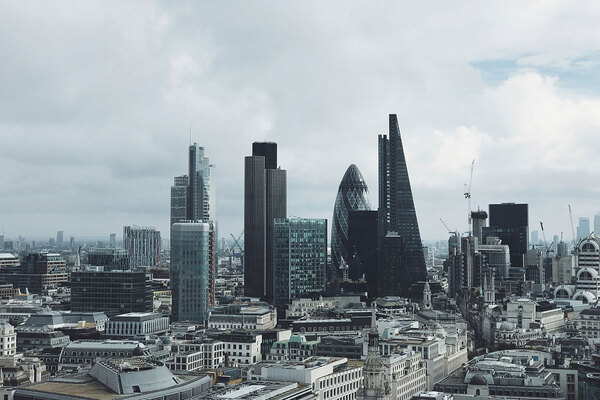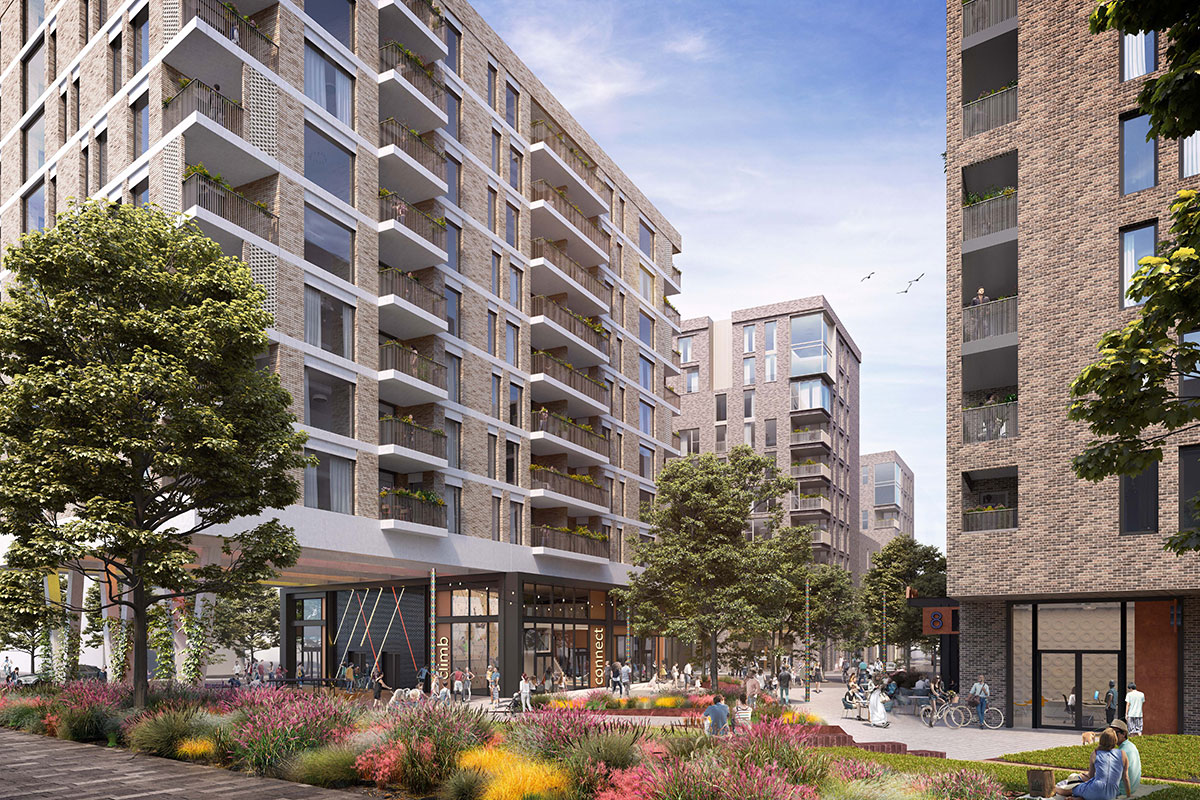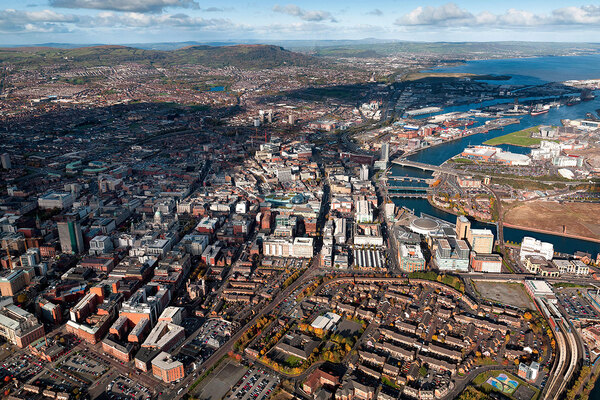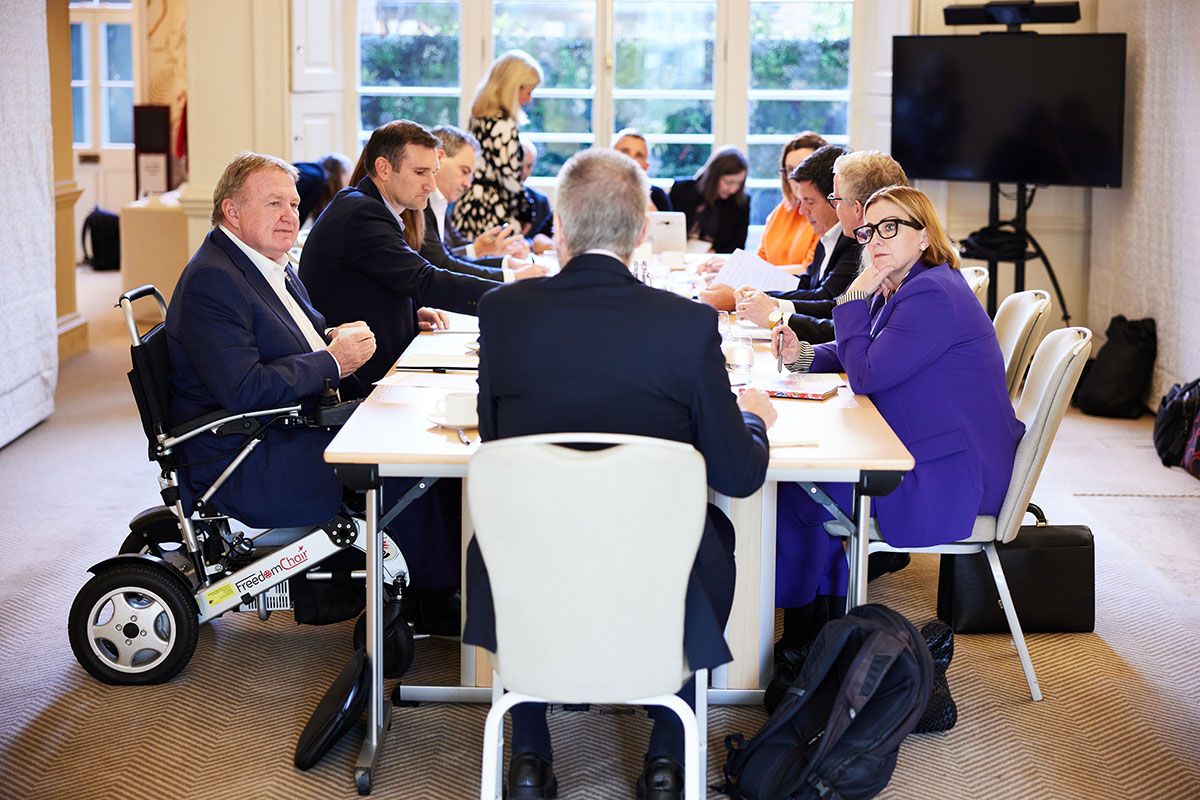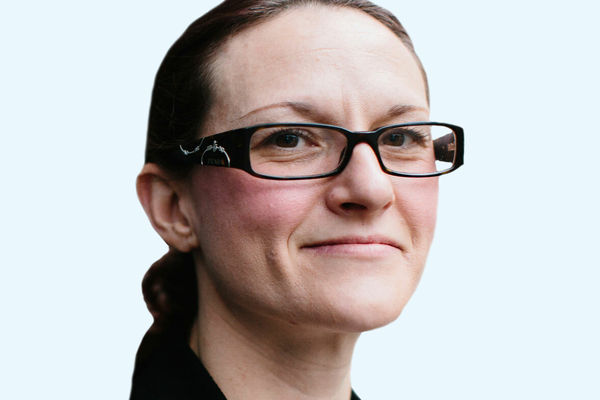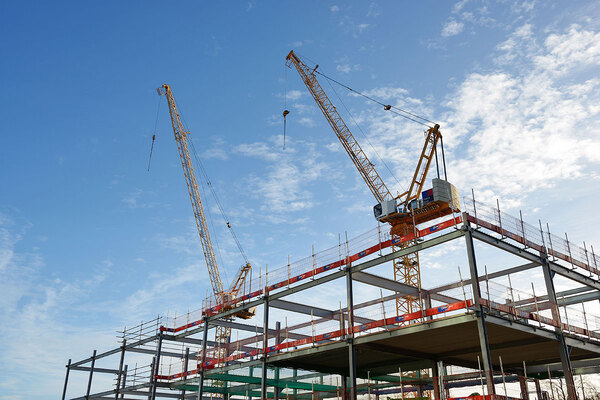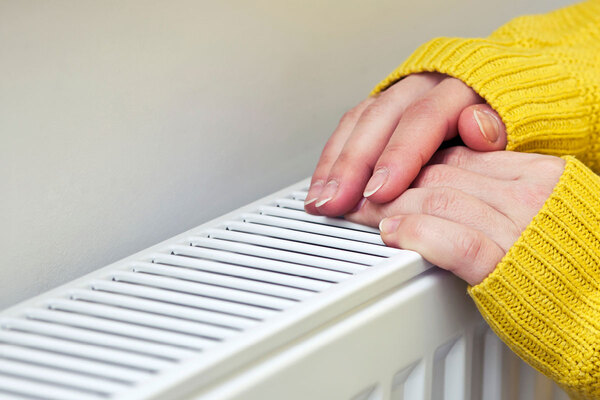You are viewing 1 of your 1 free articles
L&Q and Hyde see credit ratings downgraded by Fitch
Two of the biggest housing associations in London have been downgraded by Fitch Ratings due to their “worsening financial leverage metrics”.
L&Q, which manages around 109,000 homes, and 45,000-home Hyde both had their long-term issuer default rating lowered to A from A+ by the credit ratings agency.
Fitch also kept its negative outlook on L&Q, while Hyde’s outlook was raised from negative to stable.
On L&Q, the agency said the landlord’s “significant reliance” on selling non-core assets exposed it to “external market conditions”.
In July, the association sold its strategic land business, L&Q Estates, to developer Urban & Civic.
Fitch also said the need for L&Q to spend “substantial amounts” on its existing stock will “weigh on its financials”.
In June, S&P Global also lowered L&Q’s credit rating from A- to BBB+ due to the association’s spending on existing stock.
Last month, the G15 landlord reported an annual post-tax surplus of £117m on turnover of £1.12bn.
However, the audited surplus figure was £30m lower than an unaudited figure disclosed in May, mainly due to a £21m impairment on fixed assets.
Fitch said L&Q has the flexibility to “curtail some discretionary expenditure, or reduce spending on non-essential work”.
But it added: “This is not sustainable in the long term and will likely increase future costs. Fitch expects maintenance and major repair costs to remain a priority for L&Q as it continues to invest in its existing stock.”
Like many landlords, L&Q has also dialled down its development plans. In 2021, the landlord announced it was cutting it annual housebuilding target by 70%.
L&Q delivered nearly 3,000 homes in its last full year, with 68% of these social housing tenures and 32% market tenures.
“L&Q is continuing to reduce investment in development and focusing on its committed pipeline,” Fitch said.
The agency noted that L&Q has “significant access” to finance across the banking sector and debt capital markets.
The landlord currently has around £5.6bn in debt, with £890m undrawn and £175m in cash at the end of its last financial year. It currently has a G1/V2 rating for governance and financial viability with the English regulator.
Waqar Ahmed, outgoing group finance director at L&Q, said: “While we seek to maintain credit ratings where it is within our control, our primary aim is to maintain financial viability while ensuring residents receive the quality homes and services they deserve.
“We have adapted our business with a clear plan to achieve this aim, which we have already made significant progress against, mostly recently the sale of L&Q Estates.
Mr Ahmed, who is set to leave L&Q next year, added: “We remain committed to lowering our risk profile and we are pursuing a diverse number of opportunities to create capacity to invest in our existing homes.”
On Hyde, Fitch said the landlord’s leverage metrics have been high over the past two years due to “external macroeconomic pressures and sector challenges”.
The association reported a reported a sharp drop in post-tax surplus to £25.9m in its last financial year as it was hit by £39.4m in impairment charges, partly due to contractor failures.
Hyde also saw its EBITDA MRI (earnings before interest, tax, depreciation and amortisation, major repairs included) figure – a key metric for a landlord’s liquidity – fall to 80.1%, down from 100.8% the year before.
However, Fitch said it expected that Hyde’s debt to earnings ratio peaked in its last full year as fire and building safety costs reached their highest point.
The group was previously given a negative outlook a year ago by Fitch, which reflected the overall UK sovereign position. However this has now been raised to stable in Fitch’s latest report.
Rod Holdsworth, chief financial and resources officer at Hyde, said: “We welcome this further endorsement of the long-term stability of the group, despite the challenges facing the sector.
“We have clear plans to invest sustainably in our customers’ homes and communities to improve outcomes, and to continue playing our part in tackling the housing crisis by building much-needed affordable homes.
“This commitment to continue delivering on the important priorities we share with our customers and partners is underpinned by our strong and stable financial position.”
Hyde currently also has a G1/V2 rating with Regulator of Social Housing.
The association is in the process of taking on fellow London landlord Tower Hamlets Community Housing, which is currently non-compliant with the regulator’s standards.
Update at 9.55 am 22 October 2024:
An earlier version of this story said Hyde had retained its stable outlook. However its outlook was raised from negative to stable by Fitch in its latest action.
Sign up for our development and finance newsletter
Already have an account? Click here to manage your newsletters

